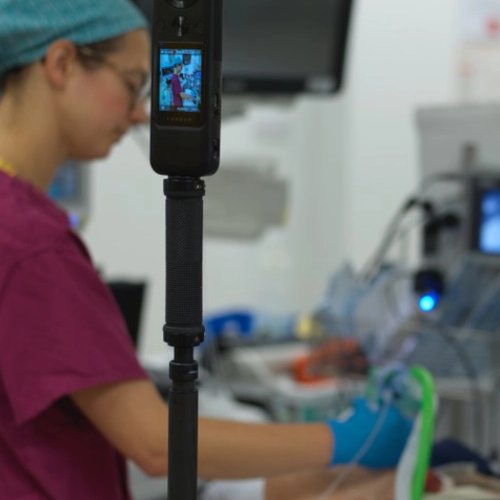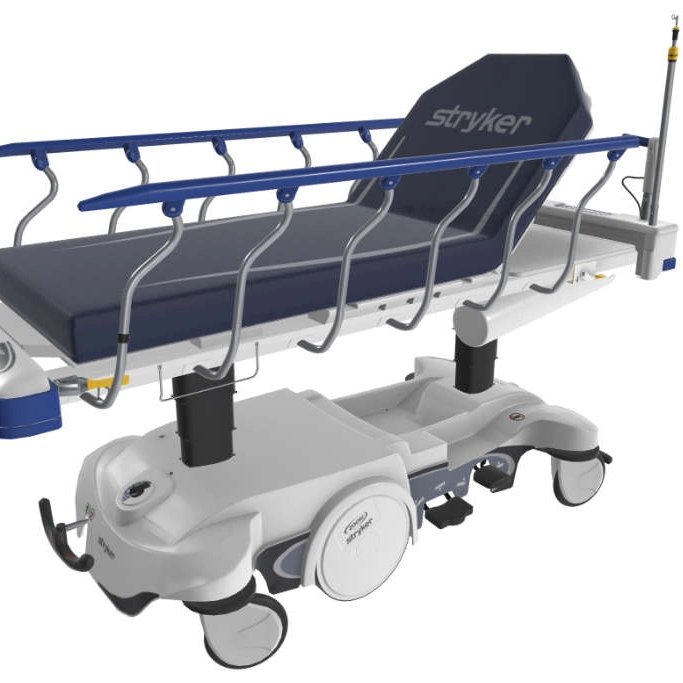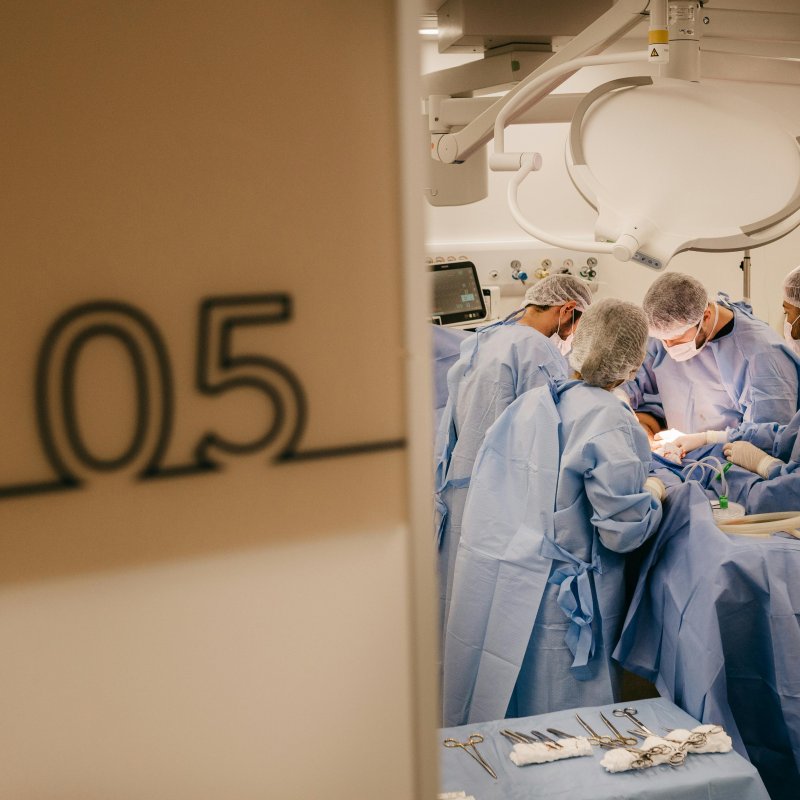Contact Us
+44 20 32897141 / 1 Pickle Mews, London, SW9 0FJ
The Most Popular Applications of VR in Healthcare
Published
Aug 23, 2024
Tags
Worldwide, applications of virtual reality (VR) in healthcare are on the up. We’re witnessing the adoption of VR change the game for medical students and professionals alike – plus, the patients they’re caring for. As VR in healthcare becomes more intertwined in training programmes and care settings, we’re looking its most popular uses. That's both in the UK and abroad, and where we think it’s going to probe next.
The Impact of VR in Healthcare Around the World
Did you know that by 2030, there’ll be a shortfall of 10 million doctors worldwide? That’s the prediction from the World Health Organisation (WHO) and accounts for the current labour shortage. Those of us in the UK will be particularly aware of the less-than-favourable sentiment around pay for NHS staff, not least in light of the expense involved in getting a medical degree. It’s a similar story across the globe.
Yet the application of VR in medical education is already allowing training providers to lower how much they’re charging students for training. Whether it’s a student nurse attending a university lecture in India or an orthopaedic surgeon in the US leading a procedure live, the essence of VR means users can watch and immerse themselves in the experience from anywhere, at any time. The need for the all the right conditions to align for a single training scenario is reduced (if not rid of completely), boosting the number of students who can be taught at a single time – whether or not they’re physically in the room.
How VR in Healthcare is Changing the UK’s Medical Sector
Looking closer to home, and universities, the NHS, and private healthcare providers are all embracing VR in healthcare solutions to support with training and skills development. Our own bank of healthcare VR experiences was first used in 2023 by Harrogate and District NHS Foundation Trust, with educators and learners from over 40% of NHS England trusts now using ExR Education to complement their training programmes. With the possibilities virtual reality training enables growing by the day, we're proud to say it’s a percentage that’s only going to rise.
So, what’s the most popular application of VR in healthcare in the UK today, and how do we predict this to change over the coming years?
Three Popular Applications of VR in Healthcare
1. Surgery
It could be argued that the scope for VR training in surgery is infinite. It’s often the case of ‘right place, right time’ for students wanting to catch a particular operation in the operating theatre. Whilst witnessing a routine operations is fairly commonplace, there’s always the chance a particular surgery needs delaying, cancelling for a variety of factors, or simply replaced by an emergency. If a medical student or junior doctor isn’t on shift for the rearranged routine procedure, that instance of training goes out the window.
By having these routine surgeries accessible in VR, students and surgeons can learn, practice, and refine their skills – without the traditional constraint of the rota. Continuous professional development (CPD) and maintenance of core and specialist skills is more accessible, and so more aspiring or experienced surgeons are encouraged to look for ways to improve and evolve procedures. In one of the most risk-averse professions, that’s an advantage not to be underestimated.
2. Cadaver labs
As a long-standing tradition for medical students transitioning from the lecture hall to practice, cadaver labs are traditionally a rite of passage for aspiring doctors. But they’re costly to set up and clean, and there’s often a limited number of lab days for students to take advantage of during the course of their training. In some universities and postgraduate training programmes, these highly effective training areas just simply aren’t available.
Cadaver labs are an invaluable way for students to practice, yet limits of the activity (availability, location, timing) mean some miss out. Step up, ExR Education. We're pioneering the way for virtual reality cadaver training, with a range of simulations and 360° videos to complement live practice.
In collaboration with Keele University, we’ve demonstrated 3 anatomical dissections as VR experiences using 360-degree video technology. Trainees (and other users of the ExR platform) can watch these films before they arrive at the lab to speed up learning, maximising the value of the most of the session. Or, use the simulations as a revision tool once their lab session is over.
So far, VR training is available for:
- A temporal bone dissection on a dry bone specimen (non-cadaveric)
- A dry lab dissection of the endoscopic approach to raising a tympanomeatal flap
- A dry lab dissection of a cortical mastoidectomy procedure for cholesteatoma surgery
3. The patient experience
Virtual reality isn’t just being used to train the next generation of healthcare workers. It’s also in play for those our hospitals and medical settings are looking after: patients.
Earlier this year, Manchester’s The Christie Hospital became the first UK hospital to make VR headsets available for children undergoing cancer treatment. During a two-year project, The Christie NHS Foundation Trust is applying VR as a distraction therapy for children having clinical procedures (from cannulation to radiotherapy). It's hoped the headset will reduce treatment-related anxiety in the patients. Since its launch in March, the VR headsets have already been used over 20 times.
In the same vein, healthcare workers can look to VR to develop one of the core characteristics the profession demands: empathy.
Researchers at The University of New England’s College of Osteopathic Medicine and College of Health Professions have developed libraries of VR simulations that allow the next generation of doctors to experience conditions related to age. The student doctors use the virtual reality tool to embody conditions like hearing loss and Alzheimer’s disease, enhancing their understanding of the patient’s lived experience.
By simulating some of the patient’s symptoms through virtual reality, the University found students were better positioned to understand and empathise with older patients’ feelings. In turn, better patient care is promoted – another element of the sector we can’t underestimate.
What’s Next for VR in Healthcare?
The sheer versatility of the technology is injecting new life into traditional medical training, transforming the sector before our eyes. Where VR in healthcare takes us next is anybody’s guess. But where virtual reality takes your NHS Trust or private healthcare organisation is in your hands.
Get started with VR training by speaking to our team.
Most recent posts
Like what you read?
Please get in touch with us.



